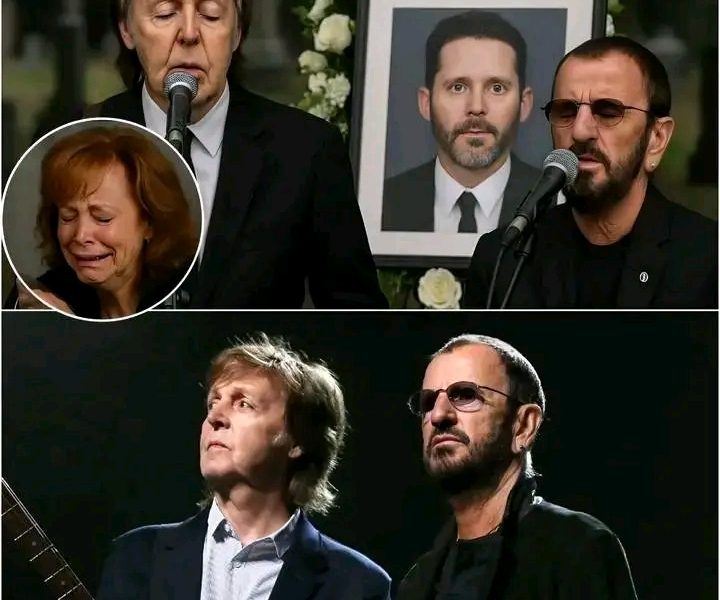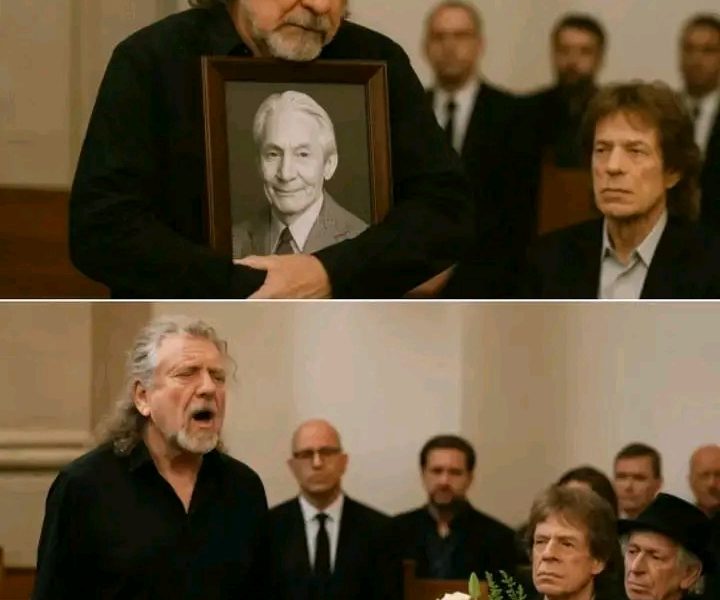It finally happened—Led Zeppelin is back, and the world is still catching its breath. After 27 long years, Robert Plant, Jimmy Page, and John Paul Jones stormed the stage in a jaw-dropping reunion, unleashing Kashmir with a fury that shook the ground. The audience? Electrified. Screaming. Crying. And when Jason Bonham—son of the legendary John Bonham—took his place behind the drums, the crowd exploded. It wasn’t just nostalgia; it was resurrection. These icons didn’t return for a show—they returned for legacy. Every note, every beat, every glance between them screamed: “We’re still here.” And in that thunderous moment, rock and roll lived again—louder, prouder, and more eternal than ever….
It finally happened—Led Zeppelin is back, and the world is still catching its breath. After 27 long years, the unthinkable became reality as Robert Plant, Jimmy Page, and John Paul Jones stormed the stage, sending shockwaves through the universe of rock. They didn’t just play a show; they summoned a force of nature. And when those first hypnotic notes of “Kashmir” rang out, it was like the sky cracked open. The riff rolled across the venue like a tidal wave, and for a moment, time stood still.
The crowd? Electrified. People screamed. Some cried. Many stood in stunned awe, barely able to process the gravity of what they were witnessing. This wasn’t just music—it was history unfolding in real time. And then, like a heartbeat from the past, Jason Bonham stepped behind the drum kit. The son of the late, great John Bonham didn’t just fill his father’s shoes—he honored them, pounded them into the ground with thunderous precision. Every crash of the cymbals, every seismic beat of the bass drum, felt like a shout from beyond, as if the elder Bonham himself was watching from the wings.
There was no rust, no hesitation. Page’s fingers danced over his guitar like fire, summoning riffs that could split the sky. Jones, as solid and masterful as ever, grounded each song with basslines that surged with quiet power. And Plant—his voice, though tempered by time, was still golden, still capable of launching every soul in the room into another dimension.
What made it transcendent wasn’t just the performance—it was the purpose. This wasn’t about reliving glory days. It was about legacy. It was a declaration. Led Zeppelin wasn’t content to be just a myth whispered among fans—they roared back to life to remind the world that they are the myth.
Every note screamed: We’re still here.
And in that thunderous moment, rock and roll wasn’t just remembered—it was resurrected. This wasn’t a reunion. It was a resurrection. The gods had returned to Olympus, and the world, once more, trembled at their sound.

